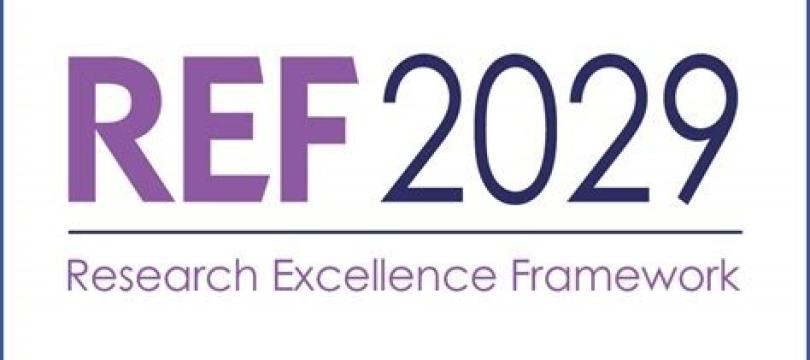Fair Funding: University of Edinburgh Community Grant Scheme
More than 200 community organisations in the City of Edinburgh, Fife, Lothians and Scottish Borders have been awarded funding from the University of Edinburgh's community grant scheme since it launched in 2017. The University ran a five-year evaluation looking at the holistic impact of the scheme, and the ways in which its processes could be improved.
This case study focuses on how the evaluation was used to improve the scheme’s delivery, bringing it in line with the latest nationally-recognised principles of Fair Funding for the third sector in Scotland.

The driving forces behind the Community Grant Scheme are the University's Social Responsibility and Sustainability department, and the Communication and Marketing department. The scheme is fully financed from the University’s operating budget. Volunteer Edinburgh, a local third sector organisation, provides representation on the scheme’s panel. The Assistant Principal, Community Relations championed the scheme’s formation.
Purpose
The University of Edinburgh Community Grant Scheme was initially set up to provide an avenue for the University to contribute towards civic engagement and cultural enrichment in the City of Edinburgh, Fife, Lothians, and Scottish Borders. Twice a year the team calls out for applications for grants of up to £5,000 from community-based organisations. The aim is to encourage engagement between these community organisations and the University, which may not happen without the structure of this scheme in place. Through this scheme, the University is able to have a positive social impact whilst also forging meaningful relationships within different communities.
Background
In 2017, The University of Edinburgh launched its first community engagement strategy. During this process, colleagues became aware that a small number of universities in England were running community grant schemes (including Oxford’s small community grant scheme) and that these schemes could provide a useful best practice case for The University of Edinburgh to emulate.
A small group within the University presented a business case for (1) an annual budget of £50k to make up the community grant funding pot, and (2) part-time posts to support the wider community strategy. The business case included the potential financial and non-financial returns that could be leveraged, such as community benefits through procurement processes and improved community relations. It was also helpful to highlight existing private sector best practice for spending a certain proportion of income on corporate social responsibility activities. The need to visibly adopt sector-leading practice was also important for the University. Over the years there have been key benefits not foreseen in the original business case, notably the extensive network of third-sector relationships that bring much value to the University’s civic activities.
Resources
The Community Grant Scheme is financed from within The University of Edinburgh’s budget, although the scheme has also received three donations from external organisations. The Director of the Department of Social Responsibility and Sustainability, Dave Gorman, has also enabled other parts of the University to contribute towards the scheme. So, while the baseline budget per year is expected to be around £50,000, the annual funding pot has managed to be closer to £100,000 to date.
Evaluation
From its inception in 2017, more than 300 regional community projects have been supported to a total of £723,000 by the Community Grant Scheme. Two calls are held per year (in spring and autumn), with around 70 applications being received per call; and 22 full grants were funded in the 2023/24 cycle.
A comprehensive impact of the scheme was undertaken after 5 years, which demonstrates how projects funded by the University map onto UN Sustainable Development Goals (SDGs).
140 projects contributed to SDG 3 (good health and wellbeing), over 115 projects contributed to SDG 10 (reduced inequalities), and 44 projects contributed to SDG 11 (sustainable communities and cities).
Data also revealed that, compared to other groups, children and young people were benefiting more from projects that were supported by the scheme. Case studies from funded projects tell stories of the scheme’s impact on family support centres, sensory gardens, surf therapy for trauma recovery, engaging young people in climate change, and inclusive wheelchair rugby. A project involving vulnerable children with emotional difficulties supported them to grow community crops, about which one child exclaimed, “This is better than PE!".
Legacy
Because a disproportionate amount of grantee projects addressed children and young people (as evidenced in the impact evaluation), the scheme could potentially impact their whole lifespans. This was not an explicit aim but is noteworthy and gratifying.
Another important legacy is the relationships forged between the University and community groups; some which might not have happened if not for this scheme.
The scheme is set to remain in place, so its legacy will continue to be made, in addition to the catalogue of incredible projects supported thus far.
Find out more and get in touch
To find out more about the Community Grants Scheme, contact: sarah.anderson@ed.ac.uk or visit the project website:
